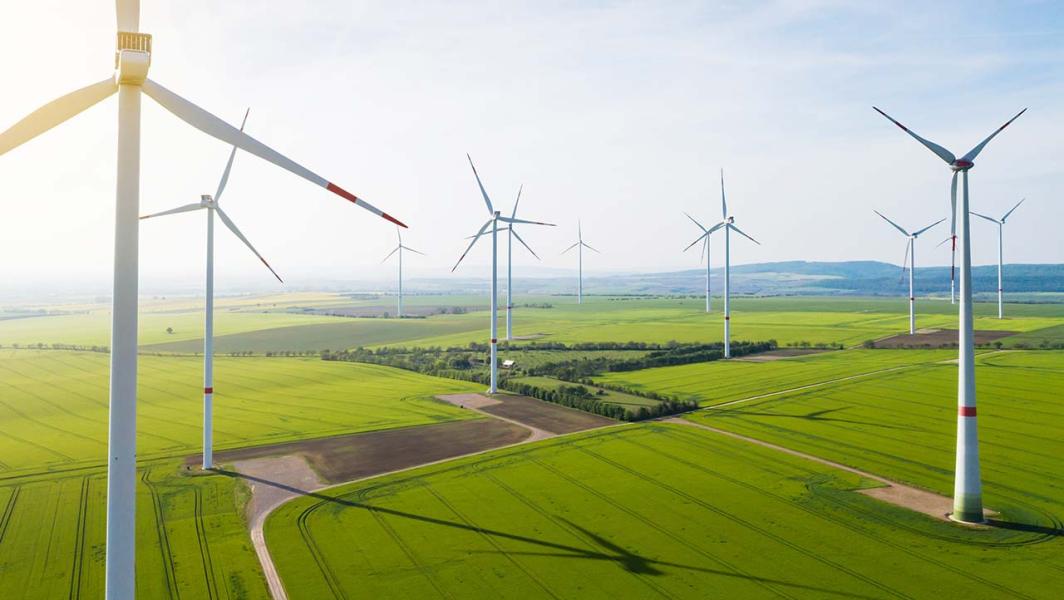
Maximizing Renewable Energy: Effective Management Strategies
Renewable energy is a cornerstone of sustainable development, providing a cleaner alternative to traditional power sources. As the world intensifies its focus on reducing carbon footprints, the efficient management of renewable energy becomes paramount.
The Rise of Renewable Energy Sources:
In recent years, there has been a remarkable surge in the adoption of renewable energy sources such as solar, wind, hydro, and geothermal. Governments, businesses, and individuals are recognizing the need to transition towards greener energy solutions to combat climate change.
Challenges in Harnessing Renewable Energy:
While the benefits of renewable energy are evident, its intermittent nature poses challenges for consistent power generation. Efficient storage and distribution systems are crucial to overcoming these challenges and ensuring a stable and reliable energy supply.
Technological Innovations in Energy Storage:
Advancements in energy storage technologies play a pivotal role in enhancing the reliability of renewable energy. Batteries, pumped hydro storage, and emerging innovations like grid-scale energy storage solutions contribute to balancing supply and demand fluctuations.
Smart Grids and Energy Management Systems:
The integration of smart grids and advanced energy management systems optimizes the utilization of renewable resources. These technologies enable real-time monitoring, predictive analytics, and automated adjustments, ensuring efficient energy distribution and consumption.
Government Policies and Incentives:
Effective management of renewable energy is closely tied to supportive government policies and incentives. Countries offering subsidies, tax credits, and regulatory frameworks that encourage renewable energy development create a conducive environment for effective management strategies.
Community Engagement and Awareness:
Engaging communities in renewable energy initiatives fosters a sense of ownership and responsibility. Educational programs and awareness campaigns help communities understand the benefits of renewable energy, encouraging sustainable practices and responsible consumption.
Investments in Research and Development:
Continuous investments in research and development drive innovation in renewable energy management. From enhancing the efficiency of solar panels to improving the durability of wind turbines, ongoing advancements contribute to the overall effectiveness of renewable energy systems.
Balancing Energy Mix for Reliability:
A holistic approach involves balancing the energy mix to ensure reliability. Integrating different renewable sources strategically, combined with traditional energy sources when necessary, creates a resilient and stable energy infrastructure.
Corporate Responsibility and Sustainable Practices:
Businesses play a vital role in renewable energy management. Embracing corporate responsibility, many organizations are adopting sustainable practices, investing in renewable projects, and setting ambitious goals for reducing their carbon footprint.
Renewable Energy Management for a Sustainable Future:
In conclusion, effective management of renewable energy is imperative for a sustainable future. As we navigate the complexities of transitioning to cleaner energy sources, the integration of innovative technologies, supportive policies, community engagement, and responsible business practices collectively pave the way towards a greener and more resilient world.
Explore more about Renewable Energy Management and discover how strategic approaches can shape a sustainable energy landscape.


